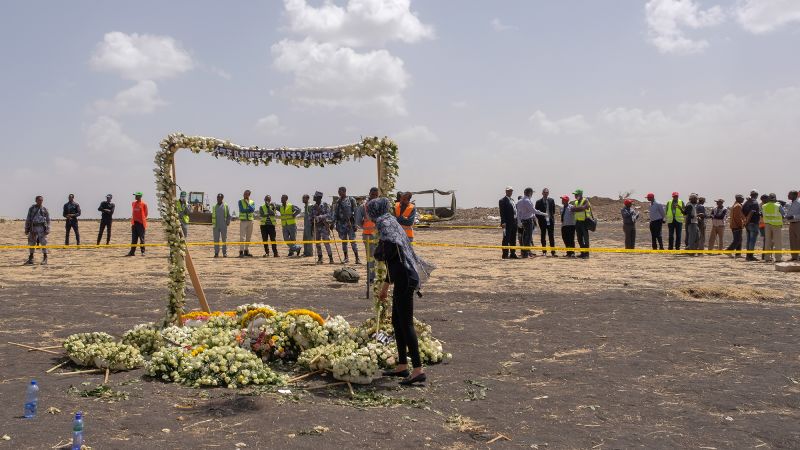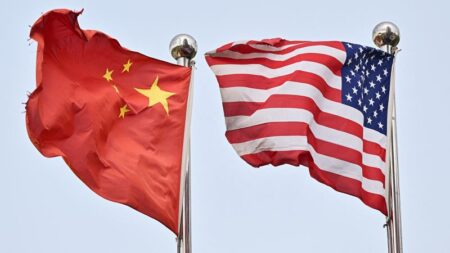The Department of Justice (DOJ) has recently made a pivotal decision to drop its criminal case against Boeing, despite the company’s previous admission of guilt regarding its part in two catastrophic crashes involving the 737 Max, which resulted in the tragic deaths of 346 individuals. This significant decision has prompted various reactions, particularly from the victims’ families and advocacy groups.
Critics of the DOJ’s decision have noted it as indicative of a broader trend under the Trump administration, which they argue has been less stringent in prosecuting corporate wrongdoings compared to the preceding Biden administration. Chris Moore, who lost his daughter Danielle in the Ethiopian Airlines crash of 2019, has been particularly vocal. He expressed deep disappointment, claiming that the DOJ is attempting to overlook Boeing’s and the Federal Aviation Administration’s (FAA) serious mistakes. He emphasized the apparent injustice of the decision, citing that Boeing’s own admissions should have made prosecution straightforward.
In a formal response to questions from CNN, the DOJ did not offer additional commentary, but indicated that its decision to abandon the criminal case in favor of a non-prosecution agreement (NPA) was ultimately deemed appropriate based on what could be substantiated in court. The DOJ maintained that, after weighing the perspectives of the victims’ families alongside the facts and the legal context, the NPA was a fair resolution that adequately addressed the public interest.
Among the terms of the NPA is Boeing’s commitment to pay $444.5 million in victim compensation, which supplements an earlier provision of $500 million. However, this agreement absolves Boeing from needing to admit to having defrauded the FAA throughout the certification process of the 737 Max, a process marred by undisclosed design flaws connected to the fatal incidents. Furthermore, the NPA allowed Boeing to avoid federal oversight that would have monitored its compliance with promises to enhance aircraft safety and quality. Instead, Boeing is now permitted to select its own external overseer, a departure from the previous terms that would have involved a federally appointed monitor.
In the aftermath of these developments, Boeing issued a statement affirming its commitment to improving safety standards and evolving corporate culture. The company expressed sincere condolences to the victims’ families, pledging to honor their memories through substantial organizational changes.
Reflecting on the timeline of events, Boeing had initially reached a deferred prosecution agreement during the latter days of President Trump’s first term, which appeared to prevent further criminal actions against the company. However, in January 2024, Boeing faced renewed scrutiny after an incident involving a 737 Max, which ultimately opened avenues for the DOJ to reinstate prosecution actions. Following a period of acknowledging past wrongdoings, the company ultimately agreed to plead guilty six months later, albeit maintaining that they had not breached the earlier agreement.
Yet, a federal judge later rejected this plea deal due to concerns about the oversight process, especially the selection of an independent monitor, which cast doubts on public trust in Boeing’s compliance with safety regulations. Consequently, Boeing opted to contest the case instead of pleading guilty, leading to the DOJ’s decision to withdraw the criminal charges.
The families of the victims are not satisfied with the outcome, with many voicing the desire for criminal prosecutions against individual Boeing executives and stricter financial penalties. Their representatives have announced intentions to challenge the NPA in court, arguing that such an agreement is profoundly inappropriate given the magnitude of the tragedy, which they label as the deadliest corporate crime in U.S. history.
Paul Cassell, one of the attorneys for the affected families, has articulated strong opposition to the NPA, stating that the deal is unprecedented and violates the principles of justice for the victims. The families’ collective aim is to seek redress accountable beyond monetary compensation, emphasizing the call for individual accountability in a situation that has changed their lives irreparably.











